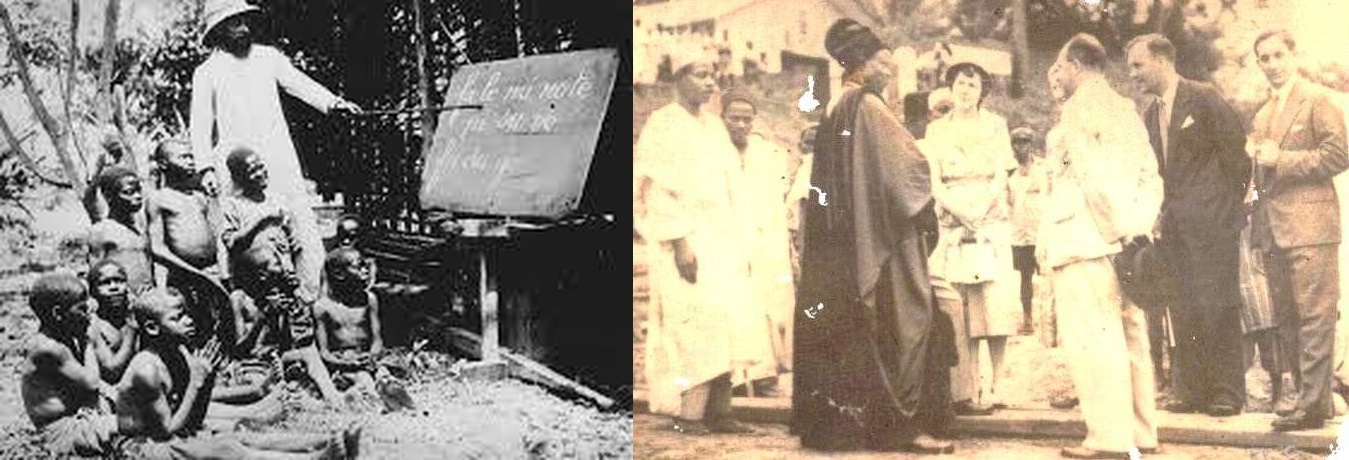
With the introduction of the N100 note. Again, in November 2000 and
April 2001, the CBN issued N200 and N500, notes respectively. On
Wednesday, October 12, 2005 N1000 note was presented to the public.
Furthermore, on 14th August 2007, the formal CBN governor Prof. Charles
Soludo, proposed to restructure and redenominate the naira by dropping
tow zeros or moving two decimal point to the left from the currency and
issuing more coins denomination in a bid to achieve macroeconomic
stability and efficient payment system. However, the reform was
suspended following the mix-feeling and critics by some experts.
It has long seems to me a problematic, and even a little embarrassing,
that Central Bank of Nigeria has failed to understand that currency
reform is not the major challenge facing the country’s economy. Today,
graduate unemployment has soared, poverty has increased to what it was
30 years ago, and more 70% of the population are still living with less
than $1 a day (World Bank 2010).
I would personally describe
the recent proposal by CBN to introduce N5, 000 notes as an “expensive
side show” to Nigeria economy. Researchers have noted that if Nigeria
can reduce the level of their corruption to that of South African our
GDP will increase by 30% (Asiedu 2002).
My questions are:
(1) How will the present currency reform increase the production
capacity of Nigeria economy? Will it contribute up to 10% growth on GDP?
(2) How will this reform increase the purchasing power of Naira?
Please, Let CBN and Ministry of Finance educate us.
Nigeria
has been rated as one of the unsafe place to live, if one should loss
100 pieces of N5, 000 notes to armed bandit, the person has loosed
N500,000. This is just an elementary economic assumption but if CBN must
convince the public that this is a suitable approach towards achieving
macroeconomic stability, they should publish a comprehensive report with
quantitave data in respect of this reform.
I am calling on
the Nigeria youth to wake-up as the country has bluntly refuse to step
its foot forward to the ladder of economic growth.
Source: www.facebook.com/okechukwu.eze
It has long seems to me a problematic, and even a little embarrassing,
that Central Bank of Nigeria has failed to understand that currency
reform is not the major challenge facing the country’s economy. Today,
graduate unemployment has soared, poverty has increased to what it was
30 years ago, and more 70% of the population are still living with less
than $1 a day (World Bank 2010).
I would personally describe
the recent proposal by CBN to introduce N5, 000 notes as an “expensive
side show” to Nigeria economy. Researchers have noted that if Nigeria
can reduce the level of their corruption to that of South African our
GDP will increase by 30% (Asiedu 2002).
My questions are:
(1) How will the present currency reform increase the production
capacity of Nigeria economy? Will it contribute up to 10% growth on GDP?
(2) How will this reform increase the purchasing power of Naira?
Please, Let CBN and Ministry of Finance educate us.
Nigeria
has been rated as one of the unsafe place to live, if one should loss
100 pieces of N5, 000 notes to armed bandit, the person has loosed
N500,000. This is just an elementary economic assumption but if CBN must
convince the public that this is a suitable approach towards achieving
macroeconomic stability, they should publish a comprehensive report with
quantitave data in respect of this reform.
I am calling on
the Nigeria youth to wake-up as the country has bluntly refuse to step
its foot forward to the ladder of economic growth.
”The truth might be hard to say, painful to bear or even drastic for the truth sayer but still needed to be said”. ALISON.





